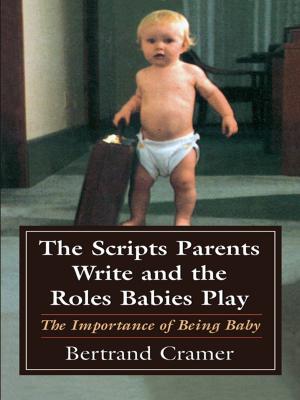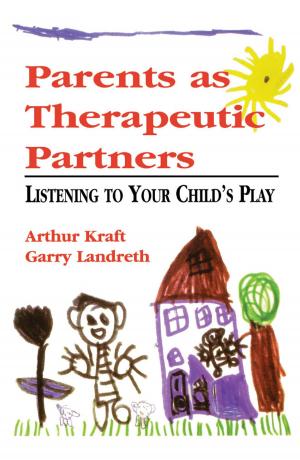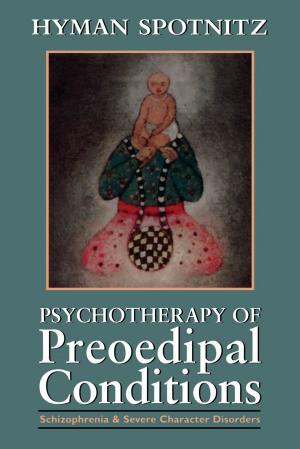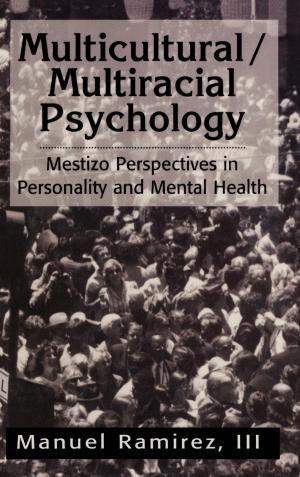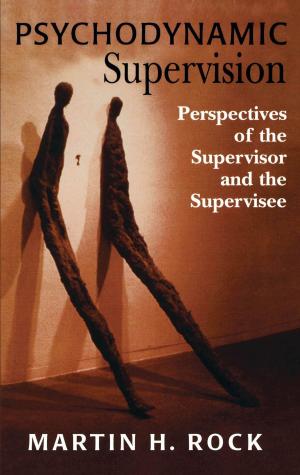| Author: | Chaim Grade | ISBN: | 9781461629665 |
| Publisher: | Jason Aronson, Inc. | Publication: | May 1, 1997 |
| Imprint: | Jason Aronson, Inc. | Language: | English |
| Author: | Chaim Grade |
| ISBN: | 9781461629665 |
| Publisher: | Jason Aronson, Inc. |
| Publication: | May 1, 1997 |
| Imprint: | Jason Aronson, Inc. |
| Language: | English |
This tender and moving memoir by the great Yiddish writer Chaim Grade takes us to the very source of his widely praised novels and poems—the city of Vilna, the "Jerusalem of Lithuania," during the years before World War II.
Centered on the figure of Grade's mother, Vella—simple, pious, hard-working—this is a richly detailed account of the ghetto of his youth, of the lives of the rabbis, the wives, the tradesmen, the peddlers, and the scholars. We see Vella, desperate after losing her husband, become a fruit-peddler, struggling to survive poverty and to remain true to her faith in the face of human pettiness and cruelty. We follow Grade as he walks in the footsteps of his scholar father, a champion of enlightenment; we see him entering marriage, and his mother finding some peace of mind in a marriage of her own—all of this in a world recalled with extraordinary physical and emotional intensity.
Then, World War II. The partition of Poland between the Soviet Union and Germany is followed by the new German invasion of June 1941. Grade—believing, as do so many others, that the Nazis pose a danger chiefly to able-bodied men like himself—flees into Russia. In his travels on foot and by train he meets a fascinating, kaleidoscopic array of characters: the disillusioned Communist Lev Kogan; the durachok, or simpleton, a young prisoner who, mistaken for a German spy, is shot when he jumps from a train; the once-prosperous lawyer, Orenstein, who virtually becomes a beggar, dies and is buried by strangers in a remote Central Asian village. With the war's end, Grade returns to Vilna—to find the ghetto in ruins, to learn that his wife and his mother have gone to their deaths—and he is left with nothing but memories. But it is here, amid the devastation of a people, that he finds the compulsion and the passion to commit to paper the world that has been lost.
This tender and moving memoir by the great Yiddish writer Chaim Grade takes us to the very source of his widely praised novels and poems—the city of Vilna, the "Jerusalem of Lithuania," during the years before World War II.
Centered on the figure of Grade's mother, Vella—simple, pious, hard-working—this is a richly detailed account of the ghetto of his youth, of the lives of the rabbis, the wives, the tradesmen, the peddlers, and the scholars. We see Vella, desperate after losing her husband, become a fruit-peddler, struggling to survive poverty and to remain true to her faith in the face of human pettiness and cruelty. We follow Grade as he walks in the footsteps of his scholar father, a champion of enlightenment; we see him entering marriage, and his mother finding some peace of mind in a marriage of her own—all of this in a world recalled with extraordinary physical and emotional intensity.
Then, World War II. The partition of Poland between the Soviet Union and Germany is followed by the new German invasion of June 1941. Grade—believing, as do so many others, that the Nazis pose a danger chiefly to able-bodied men like himself—flees into Russia. In his travels on foot and by train he meets a fascinating, kaleidoscopic array of characters: the disillusioned Communist Lev Kogan; the durachok, or simpleton, a young prisoner who, mistaken for a German spy, is shot when he jumps from a train; the once-prosperous lawyer, Orenstein, who virtually becomes a beggar, dies and is buried by strangers in a remote Central Asian village. With the war's end, Grade returns to Vilna—to find the ghetto in ruins, to learn that his wife and his mother have gone to their deaths—and he is left with nothing but memories. But it is here, amid the devastation of a people, that he finds the compulsion and the passion to commit to paper the world that has been lost.

